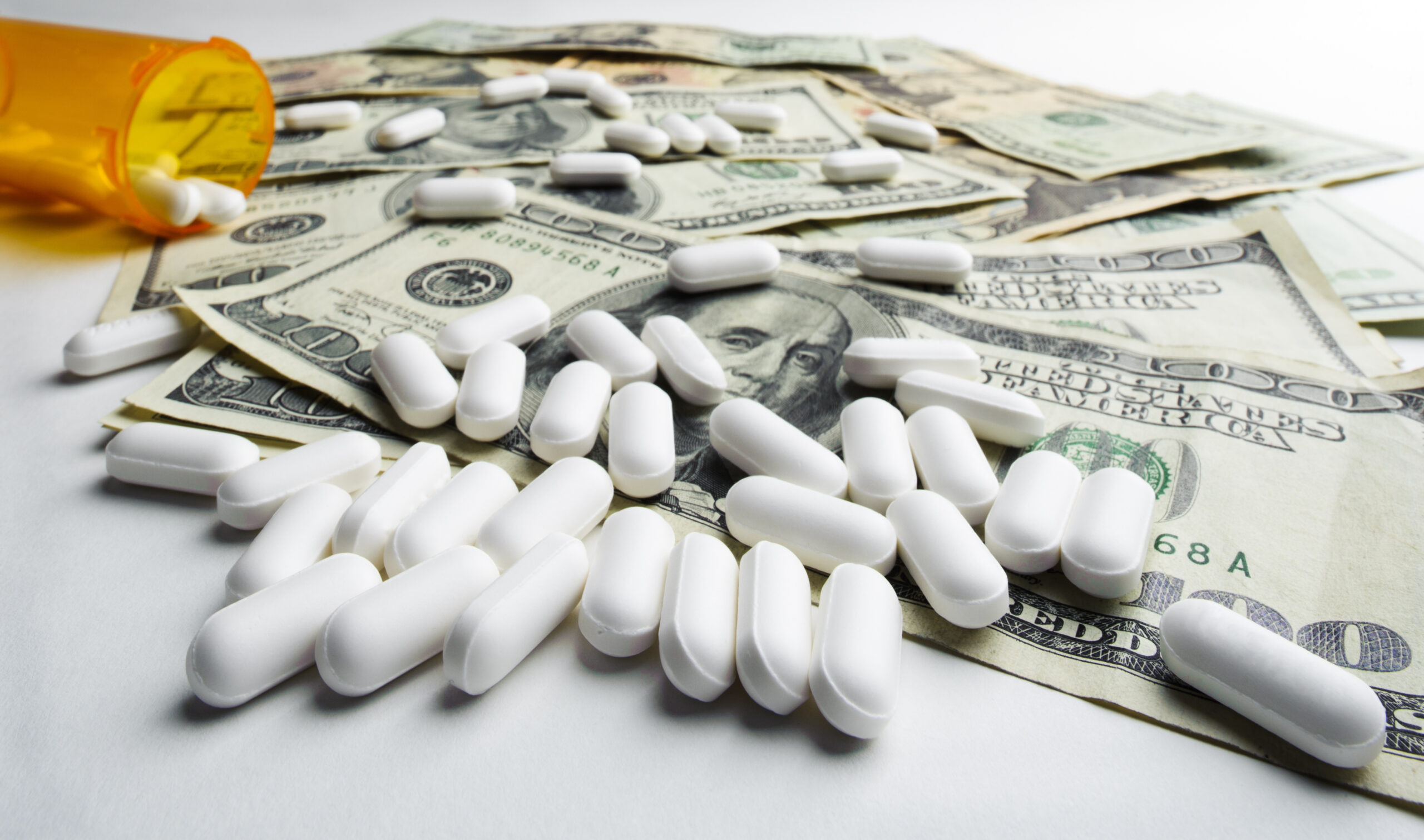© 2025 CSRXP- All Rights Reserved

CSRxP: Study Demonstrates Big Pharma Must Be Held Accountable in Part D Reform
Jun 25, 2019
Report Finds Significant Catastrophic Liability for Drug Makers Benefits Seniors, Taxpayers
Washington, D.C. – The Campaign for Sustainable Rx Pricing (CSRxP) said Tuesday that a new study from Oliver Wyman analyzing different cost sharing scenarios underscores the critical need to hold Big Pharma accountable in Medicare Part D reform.
“Without more skin in the game, Big Pharma would have every incentive to continue price gouging the medications seniors need to survive, resulting in higher premiums for beneficiaries and tremendous cost for taxpayers,” said CSRxP executive director Lauren Aronson. “This study confirms that holding Big Pharma sufficiently accountable for costs incurred in the catastrophic phase is a win for both seniors and taxpayers – worth up to $114.8 Billion.”
“A reform that caps out-of-pocket costs but doesn’t shift significant catastrophic liability to drug makers, would result in higher premiums, rising taxpayer costs and a bailout of Big Pharma in the form of reduced discount payments,” Aronson added. “As lawmakers in Congress weigh options to reform the Part D program, it is critical they hold Big Pharma accountable to protect seniors and taxpayers.”
The Oliver Wyman study, titled “Part D Catastrophic Coverage – Financial Implications of Restructuring to Include Manufacturer’s Liability,” modeled four different scenarios for Part D cost sharing in the catastrophic phase. The modeled scenarios explored manufacturer liability ranging from 31.7 to 50 percent – significantly higher than the 9 percent suggested by American Action Forum (AAF).
The study found:
- Drug makers’ liability in the catastrophic phase must be high enough to pay for a maximum out of pocket limit in Part D without increasing premiums or government costs.
- Taxpayers would see a savings of $94.3 Billion and seniors would see $20.5 Billion savings in their premiums over ten years if drug makers were to hold 50 percent risk for spending in the catastrophic phase.
- Alternatively, if drug makers were to share equal risk with health insurance providers and the federal government (33% – 33% – 33%), taxpayers would save $34.6 Billion and seniors would still save $7 Billion in premiums.
The full Oliver Wyman study can be found HERE.
